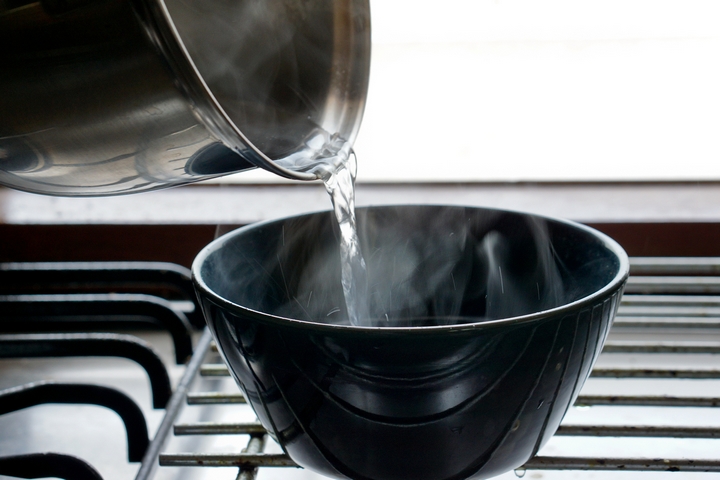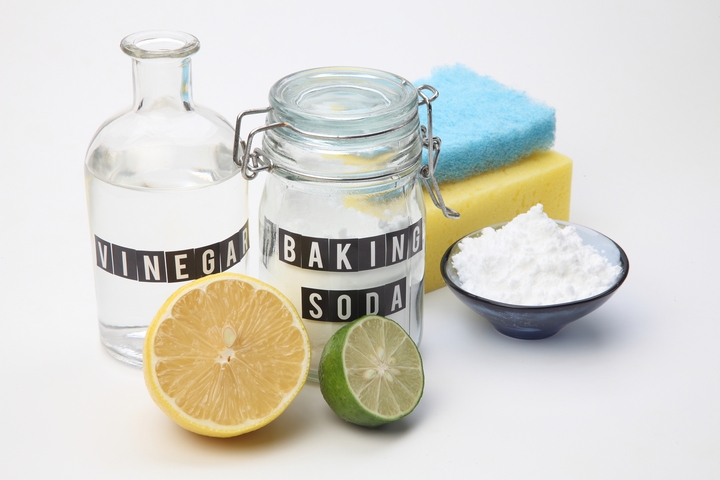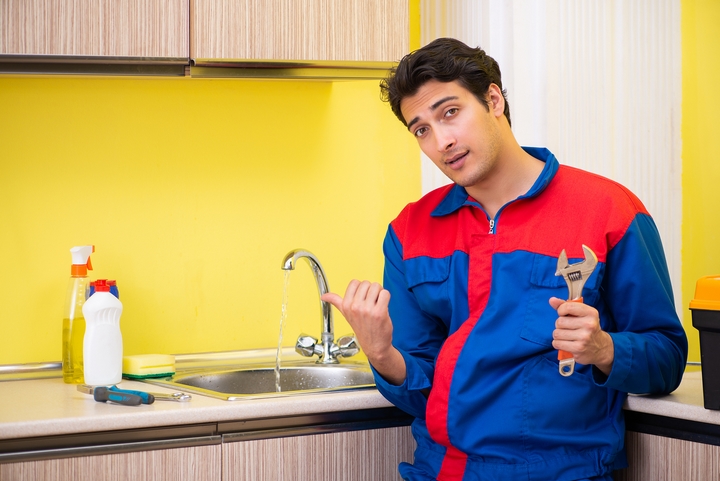Clogs are common in households. Often the result of grease, soap scum, and hair, they can be frustrating when they do occur as they inhibit your ability to use the drain that is clogged. The good news is there are methods you can try to free your drains and the following are 4 of the most effective ones. Doing so will allow you to address the issue early before it becomes more serious.
1. Plunger

While a plunger may not be too effective for larger, stubborn clogs, it should definitely be your first course of action. For all you know a good plunging is all your drain needs, saving you a lot of time, money, and headache.
Plungers work by because it provides pressure when you push to force the clog through and suction when you pull to bring the clog back up the drain. Therefore, either way the material clogging your drain needs to go somewhere. A cup plunger should be used as these form a tight seal around the drain. Push and pulling on the plunger for approximately 30 straight seconds is usually enough time to unclog the drain if it is going to be effective.
2. Boiled water

Two substances known to clog the drains of a home are grease and soap scum. When these get into a drain they tend to harden and prevent liquids from getting through. When this occurs it can be hard for a plunger to have any effect at all as these types of clogs can be especially stubborn.
Sometimes some boiled water is all it takes to unclog a drain in your home. Although it is probably impossible to know what is clogging the drain, using boiled water is easy and definitely worth a shot before moving on to other, more complex methods. Pour the water down 3 to 5 times waiting a few seconds between each pour. The boiled water is usually able to break up or melt the grease or soap scum obstructing the drain.
3. Baking soda and vinegar

Sometimes a clog may not completely block a drain in your home, but will cause it to drain painfully slow. In situations like this a mixture of baking soda and vinegar may be effective in unclogging your pipes so it drains at the speed it is supposed to.
To use baking soda and vinegar to unclog your drain, mix ⅓ of a cup of each together. When it starts to fizz, pour it down your drain. Let the mixture bubble up for about 30 minutes then flush it with hot water. The reaction that occurs by mixing these two ingredients together eats away at the material causing the clog, usually enough to push it down and free up the pipe.
4. Plumber

Sometimes despite your best efforts, a clog is too stubborn to address yourself. If after all other methods you are still left with a clogged drain, it is time to call in a professional plumber.
Professional plumbers are able to look at the clogged drain and decide what is the best course of action to take. They have all the right tools for the job. These include snakes that are inserted into the drain with mechanisms to break up the material causing the clog and jet streams that break up clogs with high-pressure water. If necessary, a plumber can also locate the clog in a drain, cut out the problematic piece, and fit a new one in. A plumber can address your issue before a burst pipe occurs which can result in more repairs being needed, damage to your property, and insurance claims that can cause an increase in premiums.

